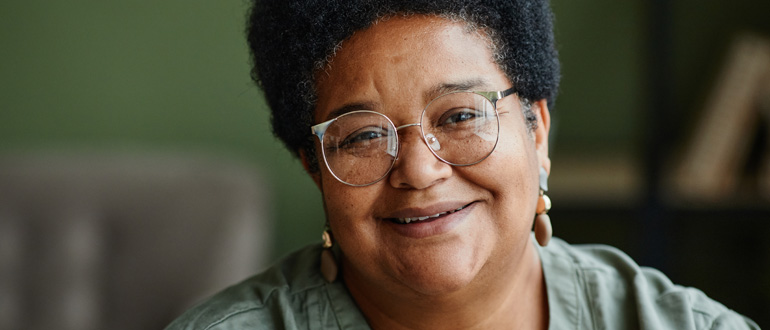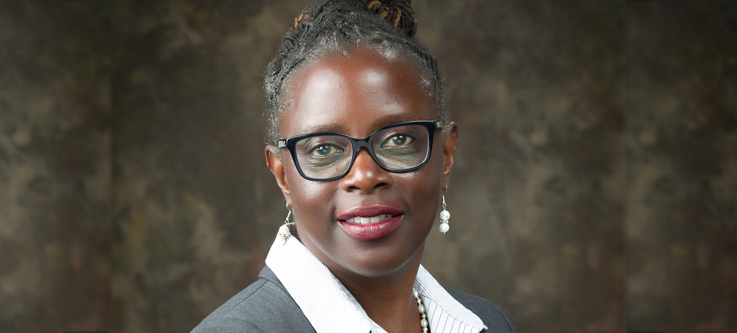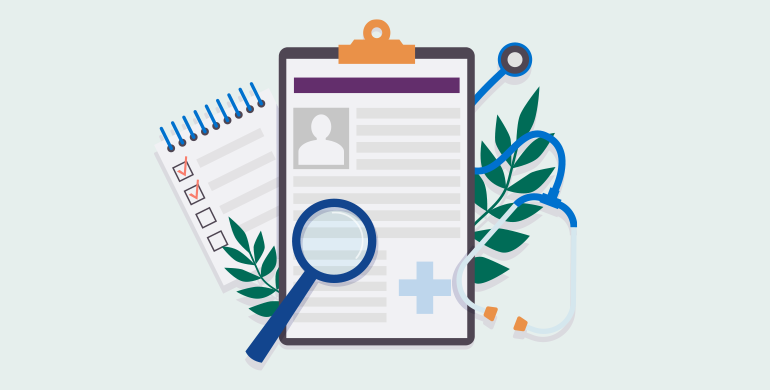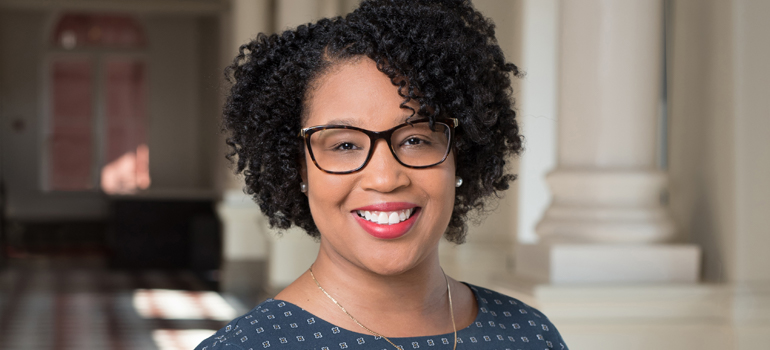Two phrases that show implicit bias in mental health services

Everyone – even those with the best intentions – holds implicit biases towards others. This happens because your brain takes shortcuts and makes snap judgments based on what’s familiar to you, particularly when you’re in high-stakes situations.
A lot of mental health providers have considered their own implicit biases and moved toward correcting them. But there is always room for improvement! You may still be harboring implicit biases you’re not even aware of. These biases could be based on race, socioeconomic status, education levels, and more.
Certain words and phrases commonly used in mental health services may indicate implicit biases toward clients – which creates barriers to those clients achieving good mental health outcomes. Here are two examples:
1. “Noncompliant”
When a mental health provider uses the word “noncompliant” to refer to a client – even only in notes or in discussion with colleagues – that indicates an implicit bias.
The words used around a client’s treatment matter, and when a provider says that a client is “noncompliant,” it creates a barrier between provider and client, reinforcing stereotypes and dehumanizing their particular experiences.
If a client isn’t open to a method of treatment or certain ideas, think about how you can reframe the way you approach that behavior. How have their experiences led them to this point? What might be another way to describe their conduct?
2. “Poor historian”
Clients who are labeled as “poor historians” don’t provide accurate or detailed health chronicles.
But some clients hold back on providing that information because they haven’t yet established trust with their mental health provider. The questions feel intrusive, and the client may have already had bad experiences in the system, so they limit what they reveal or shut down entirely.
So, what do you do? Take a moment to consider your own implicit biases. These tests measure many of the different kinds of implicit biases humans hold against each other. Being aware of your own biases is the first step to eliminating them. When mental health providers acknowledge their biases, clients can only benefit!
Self-education Resources: Visit our Implicit Bias Resources page for ideas and help to begin, or deepen, your awareness.






